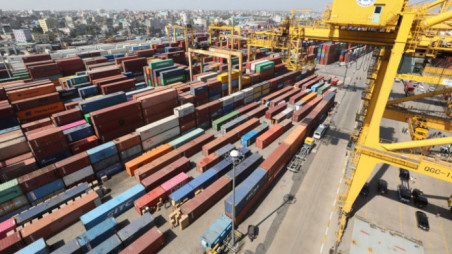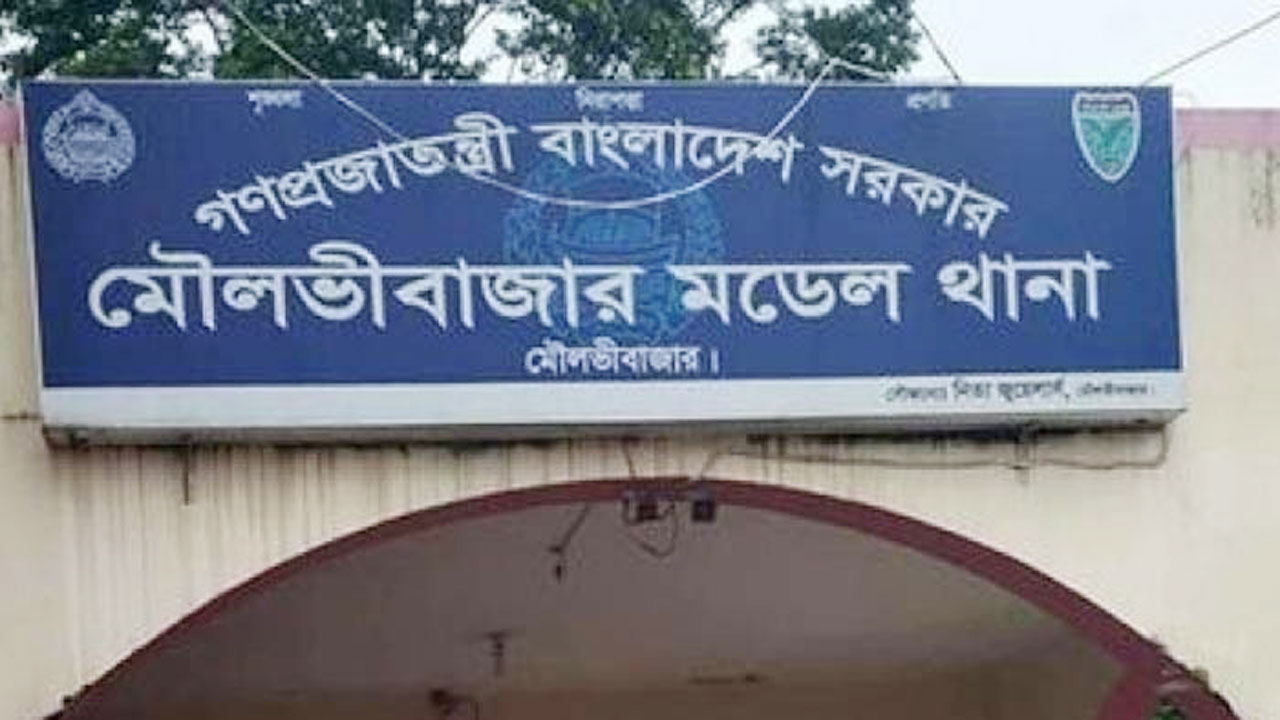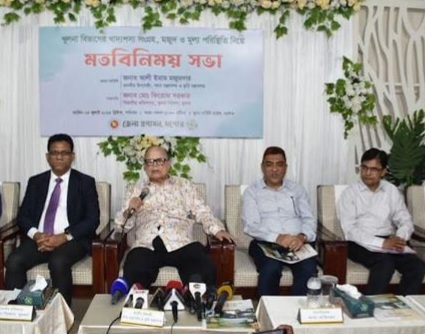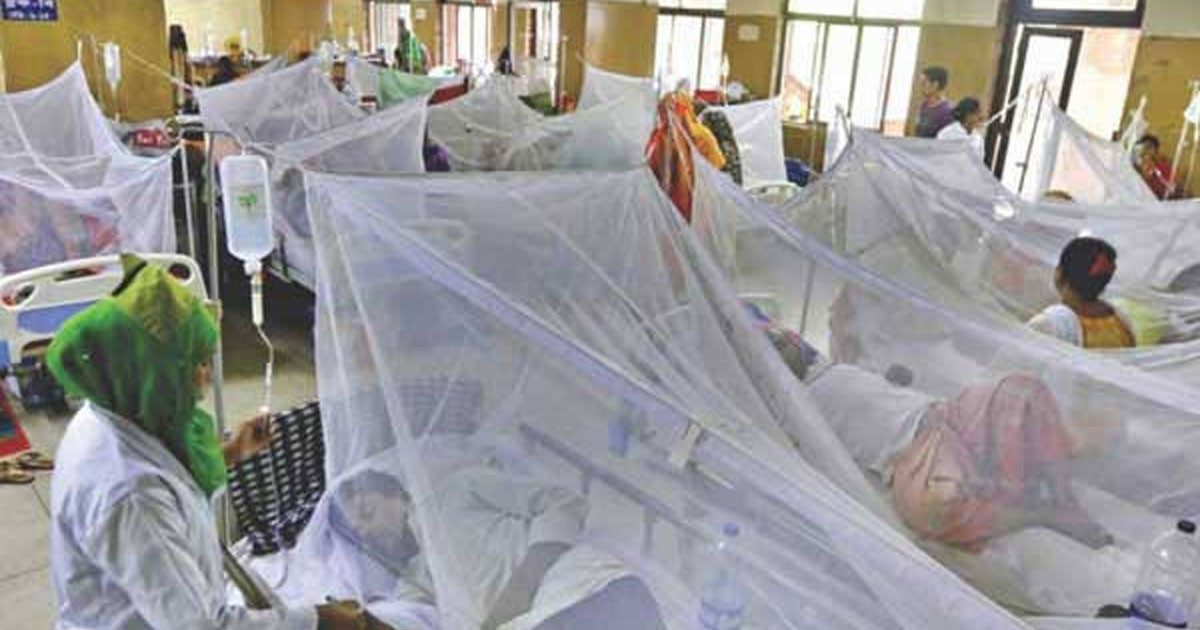
India has imposed new restrictions on the import of several Bangladeshi goods through its northeastern land ports, significantly affecting trade just weeks after Bangladesh banned yarn imports via land routes.
According to a notification issued on 17 May by India’s Directorate General of Foreign Trade (DGFT), at least seven categories of Bangladeshi products—including ready-made garments, fruits, processed foods, plastic goods, and wooden furniture—are now barred from entering India through any Land Customs Stations (LCS) or Integrated Check Posts (ICP) in Assam, Meghalaya, Tripura, and Mizoram.
The circular states that Bangladeshi ready-made garments can now only be imported via Kolkata and Nhava Sheva (Mumbai) seaports, effectively shutting off land access for the largest export category. However, the new restrictions will not apply to Bangladeshi goods transiting through India en route to Nepal or Bhutan.
In addition to garments, the restriction also applies to several other categories of goods. These include fruits and fruit-flavoured beverages, including carbonated drinks, as well as processed food products. Cotton and cotton yarn waste are also part of the banned list, along with finished plastic and PVC goods. Wooden furniture from Bangladesh has likewise been barred from entering India through land customs stations or Integrated Check Posts in the northeastern states.
A Reciprocal Response?
Though the DGFT notification does not explicitly link the move to Bangladesh’s recent yarn import ban, many in the business community view it as a retaliatory step.
“This appears to be a reciprocal reaction to our restriction on yarn imports through land ports,” said Shams Mahmud, a prominent garment exporter. “For small exporters, this will mean higher costs and slower delivery times.”
He added that since Bangladesh hasn’t blocked Indian imports via sea, India is also unlikely to impose seaport restrictions, which somewhat cushions the blow.
Bangladesh’s yarn import ban, which took effect on 15 April, followed lobbying by the Bangladesh Textile Mills Association. The group claimed yarn was being under-invoiced at land ports, harming domestic manufacturers. While local spinners welcomed the ban, garment exporters opposed it, warning it could raise production costs.
Broader Trade Concerns
India’s new restrictions are expected to disrupt various sectors beyond garments. Kamruzzaman Kamal, Director at Pran-RFL Group, said the company exports a wide range of products to India—including processed foods, plastic goods, and furniture—and the restrictions could deal a heavy blow to their operations.
“We’ve invested significantly in the Indian market. If these barriers stay, it will hurt not only us but other Bangladeshi exporters as well,” he said, urging both governments to resolve the issue through dialogue.
Mohammad Hatem, President of the Bangladesh Knitwear Manufacturers and Exporters Association (BKMEA), said garment exports may remain stable due to continued access via seaports, but warned that processed foods and other items could suffer.
“Trade wars hurt both sides,” he said. “But since Bangladesh imports much more from India, India stands to lose more in the long term.”
Trade Imbalance and the Road Ahead
According to Bangladesh Bank, Bangladesh imported about $9 billion worth of goods from India in FY24, while exports to India totaled only $1.56 billion. National Board of Revenue officials also noted that the majority of yarn imports from India—around 75%—already come through seaports, potentially minimizing the immediate impact of the restrictions.
Nonetheless, business leaders on both sides agree that resolving the issue diplomatically is in everyone’s best interest.
“Bilateral trade relations should not be disrupted by abrupt policy decisions,” Kamal said. “We urge both governments to engage in meaningful discussions to lift these restrictions and keep trade flowing.”









